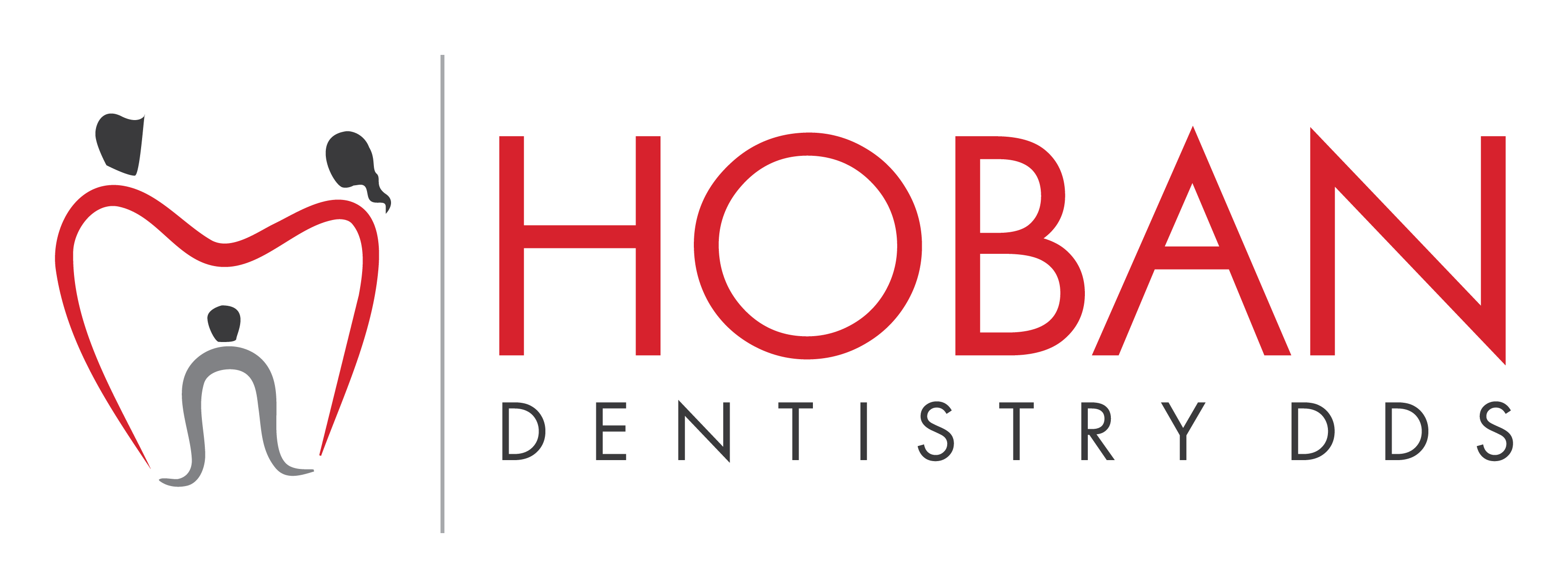Brushing and flossing twice a day are two essential steps towards good oral health, but are other habits sabotaging your smile? From behavioral tendencies to choices you thought were smart or healthy...the tiniest slip-ups can be the most damaging. Double-check your daily routine to make sure it's free of these common dental no-no's.

1. Over-Whitening
It seems almost every type of dental product you can imagine is now available with whitening ingredients, but too much exposure to these additives can actually do more harm than help to your smile. Daily use of whitening toothpaste, floss or rinse that contains peroxide can both weaken tooth enamel and aggravate the nerves of your teeth, resulting in chronic tooth sensitivity.
2. Sucking on Breath Mints or Hard Candies
Individually wrapped or packaged in tins, their convenience may be appealing to those looking to give their breath a quick boost, but this is one shortcut you'd be wise to avoid. Almost all varieties are rich in sugar, and prolonged sucking on them is a quick and direct route to tooth decay if there ever was one.
3. Drinking Bottled Water
Water is arguably the healthiest thing you could drink, but virtually all bottled products are fluoride-free. Those who drink bottled water exclusively may be at real risk of tooth decay due to a fluoride deficiency, especially if they are not getting this enamel-fortifying ingredient elsewhere.
4. Using Your Teeth Like and Extra Pair of Hands
Despite their ability to chew through food day in and day out, teeth aren't designed to do the job of scissors, other tools, or your bare hands. Ripping open packaging, cutting tape, or even carrying a foreign object around with your teeth is a recipe for chips, cracks, broken dental work, and, in the extreme case of an accident, tooth loss.
5. Chewing on Ice
Cool and refreshing as it is, chewing on ice (and/or icy treats like popsicles) can cost you. It's hardness and extremely cold temperature is a dangerous combination that can cause fractures all the way to the roots of your teeth, if you bite down hard enough.
6. Nibbling on Pencils or Your Nails
Whether it's due to nerves, concentration, or mindless daydreaming, chewing on non-food objects can do a number on your teeth. Similar to chewing on ice, biting down hard enough can cause fractures, but even without exerting a lot of force, constant grinding can shift the teeth and/or damage tooth enamel over time.
7. Frequent Snacking
Certain diets or schedules may encourage "grazing", in which snacks and smaller meals are eaten throughout the day. No matter how healthy your food choices are, frequent snacking is still bad for your teeth. Constant contact with food exposes your teeth to harmful bacteria and plaque without rest or chance for remineralization, contributing to both tooth decay and gum disease over time. And if you snack before bed, be sure to brush before going to sleep.
Make Better Choices
Habits are hard to change, but in many cases, there are simple, even effortless ways to correct behaviors that are hurting your teeth. If you find yourself committing any of these oral offenses, ask your dentist for help. He or she can offer a number of healthier alternatives or suggestions to solve the problem for good.
